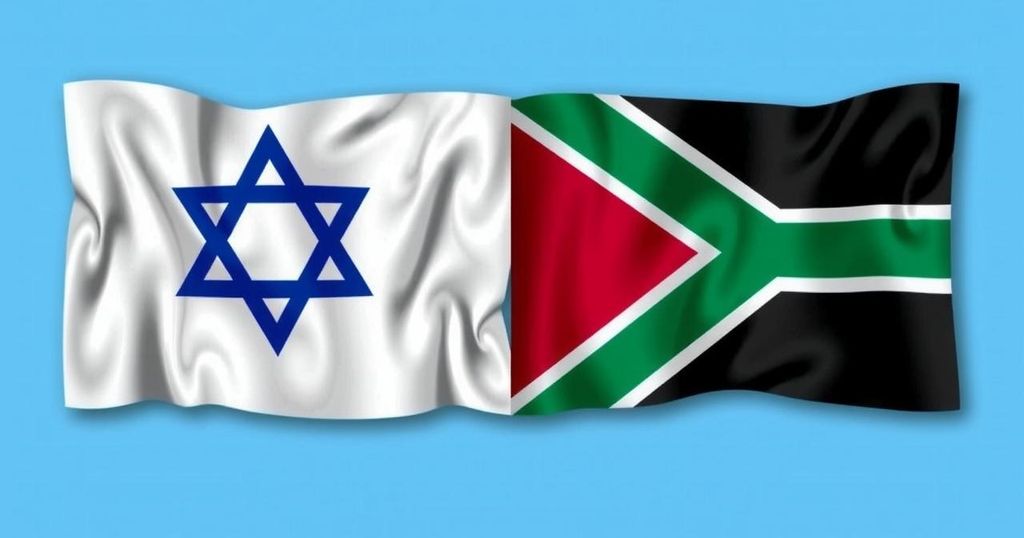Cuba has officially requested to join the genocide case against Israel at the ICJ, initiated by South Africa due to Israel’s actions in Gaza. Following South Africa’s legal proceedings, numerous countries have aligned their support with additional requests to join the case, citing violations of the Genocide Convention. Despite ICJ directives urging Israel to cease genocidal actions, military operations continue, resulting in high civilian casualties.
On Monday, the International Court of Justice (ICJ) announced that Cuba has sought to join South Africa’s genocide case against Israel concerning its actions in the Gaza Strip. Cuba’s request invoked Article 63 of the ICJ Statute, indicating its intervention in the proceedings related to the Convention on the Prevention and Punishment of the Crime of Genocide. This case was initially brought by South Africa in December 2023, alleging violations of the Genocide Convention by Israel during its military operations in Gaza.
Since South Africa’s initial complaint, several other nations, including Nicaragua, Colombia, Libya, Mexico, Palestine, Spain, and Turkiye, have added their support. Recently, Ireland has also indicated its intention to join the legal proceedings against Israel. Despite the ICJ’s urgent directives on January 26, 2024, requiring Israel to adopt measures to prevent further genocidal actions, Israel has reportedly ignored these rulings.
The situation in Gaza has continued to escalate, with Israeli military actions resulting in significant civilian casualties. Over the past 15 months, an estimated 47,000 individuals have died, predominantly affecting women and children, and around 110,000 have sustained injuries. This ongoing conflict has led to further scrutiny of Israel’s actions, prompting the International Criminal Court (ICC) to issue arrest warrants for Prime Minister Benjamin Netanyahu and former war minister Yoav Gallant on charges of war crimes and crimes against humanity, including the use of starvation as a weapon.
Cuba’s decision to join the genocide case against Israel at the ICJ stems from a broader international concern regarding Israel’s military operations in Gaza, which have faced accusations of violating human rights and international law. The action highlights the growing coalition of countries aiming to hold Israel accountable for its actions against the Palestinian population, particularly in the context of the 1948 Genocide Convention. The ICJ’s involvement signifies a critical legal avenue for nations asserting claims of genocide, particularly in light of mounting civilian casualties amidst ongoing hostilities. The legal proceedings reflect an intensifying global focus on the protection of human rights and respond to grave allegations regarding the treatment of Palestinians. Since South Africa’s initial filing, various international entities have rallied in support, indicating a concerted effort to apply pressure on Israel through legal frameworks.
In summary, Cuba’s intervention in the genocide case against Israel, initiated by South Africa, marks a significant development in international legal efforts aimed at addressing severe allegations of human rights violations in Gaza. With multiple countries joining this case, the ICJ’s potential rulings carry the weight of global human rights advocacy. As the situation unfolds, the international community remains watchful of Israel’s compliance with international law directives in light of the ongoing humanitarian crisis in Gaza.
Original Source: en.irna.ir






